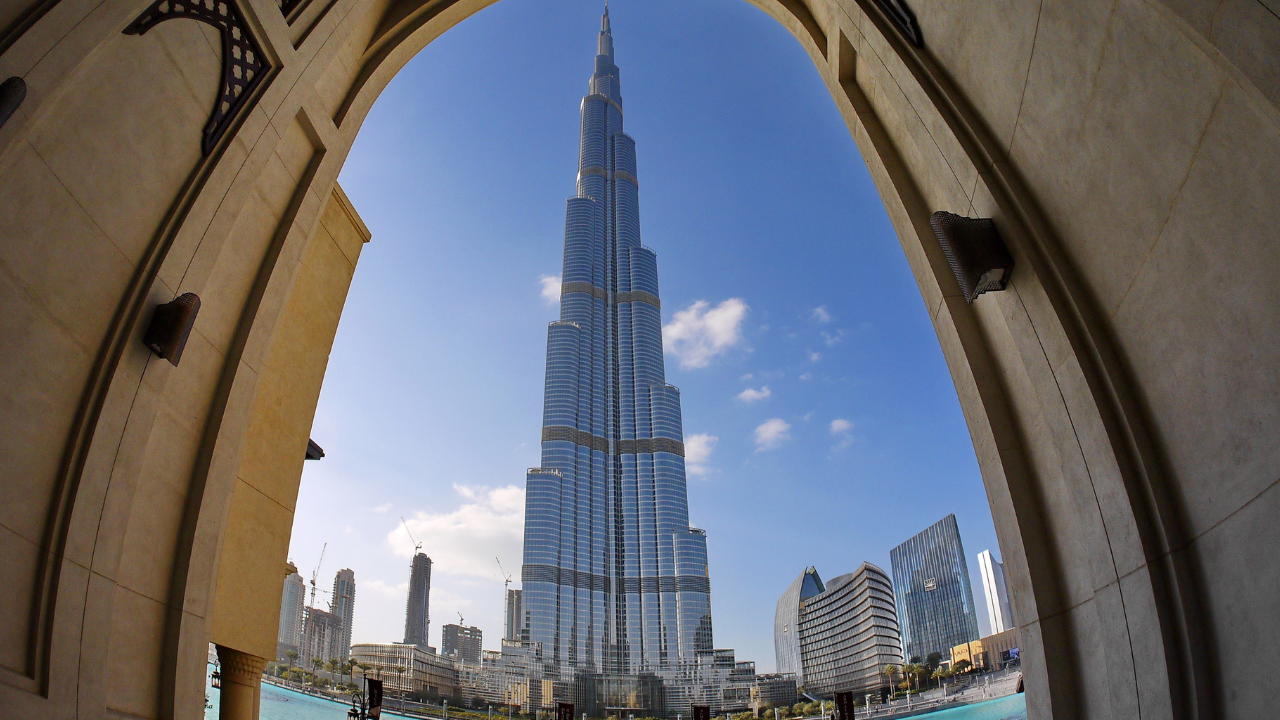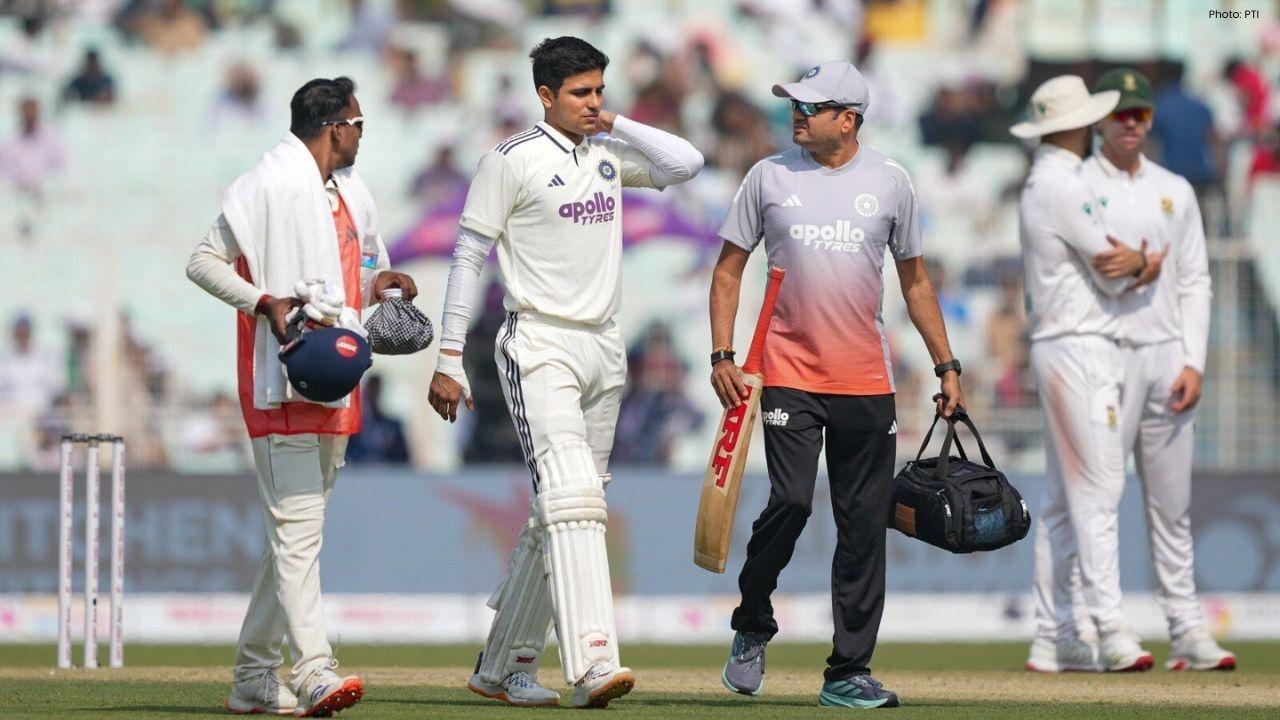
Post by : Sami Jeet
The UAE is known for its high quality of life, modern infrastructure, tax-free income, and world-class amenities—but the cost of living varies significantly between its two most popular emirates: Abu Dhabi and Dubai.
Whether you are relocating for work, planning long-term residence, or comparing housing options, understanding these differences is essential for smart budgeting.
This guide compares the major living expenses—housing, transportation, groceries, utilities, education, entertainment, and lifestyle costs—to help you decide which city fits your budget and lifestyle best.
Housing is the largest expense for residents, and this is where Abu Dhabi and Dubai differ the most.
Dubai offers more variety—luxury towers, waterfront residences, suburban villas, and affordable areas.
However, rents are generally higher, especially in prime locations.
Central areas like Downtown, Dubai Marina, JBR, and Business Bay come at premium rates.
Suburban communities like JVC, Sports City, and Silicon Oasis are more budget-friendly.
Abu Dhabi rents are comparatively more stable and often slightly lower.
You get larger apartments for the same price as a smaller one in Dubai.
Areas like Al Reem Island, Corniche, and Saadiyat Island are high-end.
Khalifa City and Mohammed Bin Zayed City offer more affordable villa-style living.
Verdict:
Dubai is generally more expensive for rent, while Abu Dhabi offers more space for a lower price in similar-quality communities.
Utilities—electricity, cooling (AC), and water—are essential but vary by accommodation size and AC usage.
Cooling costs can be higher in buildings with district cooling.
Internet packages and TV bundles may cost slightly more.
Utility costs are somewhat moderate.
Fewer buildings use district cooling, reducing overall expenses for some residents.
Verdict:
Costs are fairly similar, but Dubai can be slightly higher during peak summers.
Dubai has an extensive and efficient public transport network:
Metro
Tram
Buses
Rideshare services
Many residents rely on the metro to skip traffic and reduce costs.
Public transport is improving but still more car-dependent:
No metro system
Buses only
Taxis and ride-hailing are widely used
Fuel prices are the same across the UAE, but Abu Dhabi residents typically drive more.
Verdict:
Dubai is cheaper and more convenient for people using public transport.
Abu Dhabi may cost more due to greater reliance on cars.
Supermarket prices vary only slightly between both emirates.
Popular chains like Carrefour, Lulu, and Spinneys exist in both.
Fresh produce, meat, and dairy prices are similar.
Eating out costs largely depend on the area and restaurant category.
Verdict:
Groceries are almost the same in both cities.
Both cities offer excellent schools following British, American, CBSE, IB, and other curricula.
However:
Dubai has a larger number of premium international schools, leading to higher average fees.
Abu Dhabi schools generally have lower tuition for similar standards.
Verdict:
If you have children, Abu Dhabi may be more budget-friendly for education.
Both cities have world-class hospitals and clinics.
Routine consultations cost nearly the same.
Insurance premiums depend more on employer policies than city differences.
Verdict:
Healthcare costs are almost equal in both emirates.
Dubai is known for its:
High-end dining
Luxury shopping
Global entertainment events
Theme parks and nightlife
This means more options—but also higher spending.
Abu Dhabi has:
Cultural attractions (Louvre, Qasr Al Hosn)
Family-friendly activities
Beaches and parks with lower entry fees
Verdict:
Dubai offers more variety but tends to be more expensive, especially for frequent dining out and entertainment.
Dubai:
Larger job market
More opportunities in tourism, hospitality, marketing, finance, and tech
Abu Dhabi:
Higher average salaries for government, oil & gas, and engineering sectors
Verdict:
Earnings usually depend on your industry. Abu Dhabi may offer slightly higher packages for specialized roles.
| Category | Dubai | Abu Dhabi |
|---|---|---|
| Housing | More expensive | More affordable |
| Transportation | Metro makes it cheaper | Car-dependent |
| Utilities | Slightly higher | Moderate |
| Groceries | Similar | Similar |
| Education | Higher fees | Slightly cheaper |
| Entertainment | More expensive | Budget-friendly |
| Job Market | More diverse | Higher pay in certain sectors |
Both Abu Dhabi and Dubai offer exceptional quality of life, but each caters to different priorities.
Choose Dubai if you want:
A vibrant lifestyle
Extensive public transport
A wider range of entertainment
A dynamic, fast-paced environment
Choose Abu Dhabi if you prefer:
Lower housing costs
Larger living spaces
A quieter, family-friendly environment
Stability and higher pay in government or oil & gas sectors
Your final choice depends on your lifestyle, salary package, and long-term financial goals.










Shubman Gill's Neck Injury Puts Second Test Participation in Doubt
Shubman Gill is recovering from a neck injury, raising concerns about his availability for India’s s

Daryl Mitchell's Availability Uncertain Following Groin Injury in ODI Series
Daryl Mitchell's participation in New Zealand’s ODI series against West Indies is in jeopardy due to

Exploring the Maximalist Elegance of Sonam Kapoor’s Mumbai Residence
Discover Sonam Kapoor's Mumbai home, where heritage influences meet a luxurious aesthetic, perfect f

McLaren Welcomes Three Promising Young Female Drivers
McLaren strengthens its Driver Development Programme with the addition of three talented young women

Haaland Guides Norway to World Cup Glory for First Time Since 1998
Erling Haaland propelled Norway into the 2026 World Cup, scoring 16 goals and earning admiration as

Curacao, Haiti, and Suriname's Quest for World Cup Glory
Curacao, Haiti, and Suriname aim for a historic World Cup spot as Concacaf qualifiers reach their th